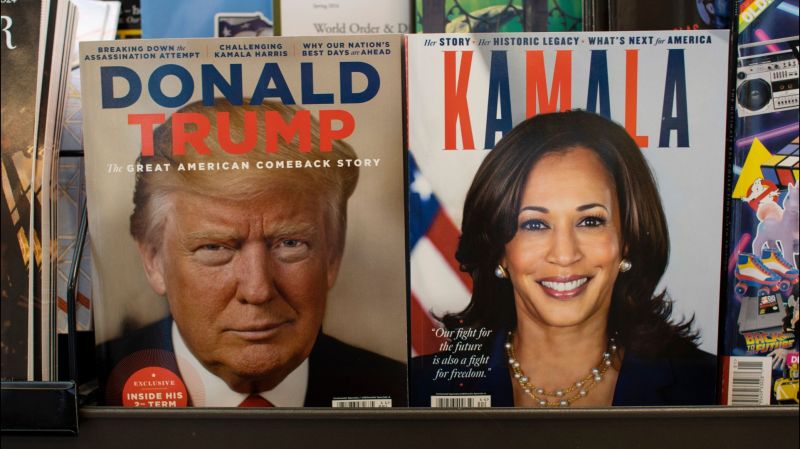When Narcissism is a CEO’s Kryptonite
Executives dealing in insider trading can be undone by their inflated ego

The narcissist CEO is an archetype that has wormed its way into the consciousness of countless management researchers and business writers. The fascination endures even though it’s unclear whether to laud Jack Welch-type leaders or loathe them.
What is clear, though, is that narcissist CEOs are not outliers in the executive suite. An estimated 18 per cent of CEOs score moderately or highly in narcissistic traits, compared to just five per cent of the general population. They stand out for being complicated souls. Narcissist CEOs are charismatic, collecting followers like the Pied Piper, and manage their reputation like an army general. They have been shown to be visionary leaders who drive innovation.
But the trait package also includes arrogance, a bloated sense of entitlement and a greater willingness to engage in unethical and illegal behaviour, such as earnings manipulation.
This shady side of the personality profile is the starting point for a recently published study that focuses on opportunistic insider trading by narcissist CEOs. As the researchers point out, opportunistic insider trading has important finance implications beyond personal aggrandizement; it can serve as a signal to the stock market, tipping off investors to potential earnings surprises and large stock price changes.
The researchers tested two theories. According to their “inflated ego” hypothesis, narcissistic CEOs, driven by inflated egos, would engage in more opportunistic insider trading because they would underestimate potential legal consequences. Their overconfidence would also lead them to overestimate the profitability of their trades and to dispense with thorough analysis. As a result, their insider-informed trades would be less profitable and less indicative of future stock returns compared to those executed by non-narcissistic CEOs.
The “reputation protection” hypothesis proposes that narcissistic CEOs would want to safeguard their reputation and, out of caution, limit their insider trades to only highly profitable opportunities. According to this hypothesis, insider-informed trades executed by narcissistic CEOs would be more selective, insightful and indicative of future stock performance compared to those made by non-narcissistic CEOs.
Which is the more powerful driver for a narcissist CEO: the desire to feed an inflated ego or the need to protect one’s reputation?

How was the study designed?
The study was based on 2,139 firm-year observations between 2012 and 2019. Data included firm characteristics, stock performance and board governance measures such as number of independent directors, as well as CEO details such as gender, age, tenure and family background.
Researchers calculated a numerical score of narcissistic tendencies for each CEO using textual analysis of transcripts from earnings calls. They calculated the ratio of first-singular pronouns to all first pronouns employed by the CEO in their responses during question-and-answer sessions with equity analysts and journalists.
The study focused only on insider trading considered opportunistic. If a CEO conducted the same type of transaction in the same month for three consecutive years, those and similar transactions in the following years were considered routine insider trades. All other stock transactions conducted by a CEO were classified as opportunistic.
What did the study find?
- CEOs with a higher level of narcissism engage in opportunistic insider trading more intensely. They opportunistically trade an additional 5.4 percentage points of their firms’ stock compared to CEOs with low levels of narcissism.
- The impact of CEOs’ narcissism on opportunistic insider trading is more pronounced among CEOs working at larger firms and less pronounced for CEOs with a legal background.
- Stronger internal governance, in the form of board gender diversity and the presence of women on the audit committee, can deter narcissistic CEOs from engaging opportunistic insider trading.
- There is a significant positive association between CEOs’ narcissism and opportunistic insider trading among male CEOs. No such association shows up among female CEOs.
- Insider trades executed by narcissistic CEOs are less profitable and less informative about future stock returns compared to those made by non-narcissistic CEOs.
What do I need to know?
Score one for the “inflated ego” hypothesis.
As this study shows, narcissistic CEOs engage in more opportunistic insider trading, yet their trades are less informative than those of non-narcissistic CEOs. Gender certainly plays a role. Female CEOs with narcissistic traits are significantly less likely to trade on insider information, perhaps because women tend to be more risk averse.
The study is further evidence that narcissism has a role in shaping decision making in the world of finance. Like everything else associated with narcissistic CEOs, there are both positive and negative effects. Narcissistic CEOs have been shown to improve return on assets and earnings per share and drive mergers and acquisitions. But, as the researchers point out, other studies link them to higher debt financing costs and poor financial reporting quality.
Given the body of evidence, boards may want to ask themselves if mandatory personality assessments of senior executives should be included in their governance toolkit.
Study title: CEOs’ narcissism and opportunistic insider trading
Authors: Cheng Jiang (Carroll School of Management at Boston College), Kose John (NYU Stern School of Business), J.H. John Kim (College of Charleston School of Business), Jingyu Zhang (Smith School of Business at Queen’s University)
Published: Journal of Corporate Finance, volume 91, April 2025





